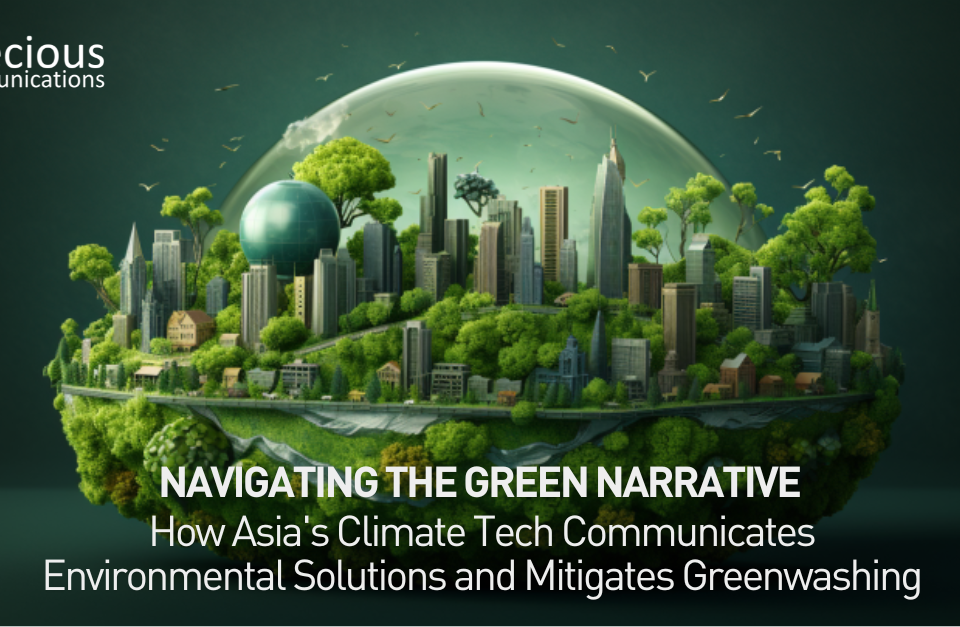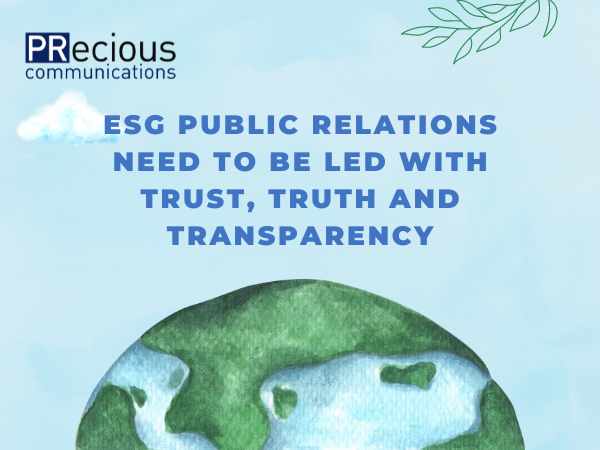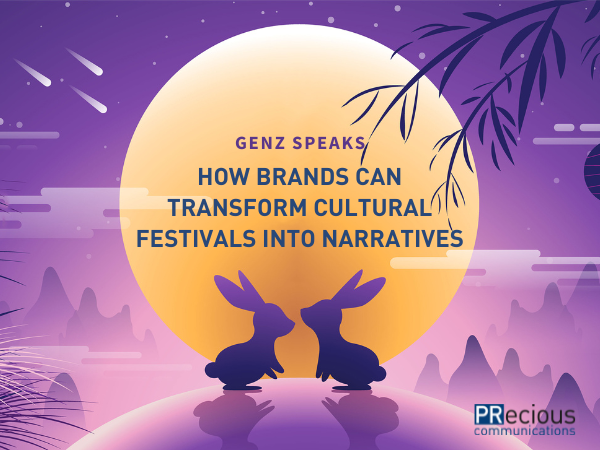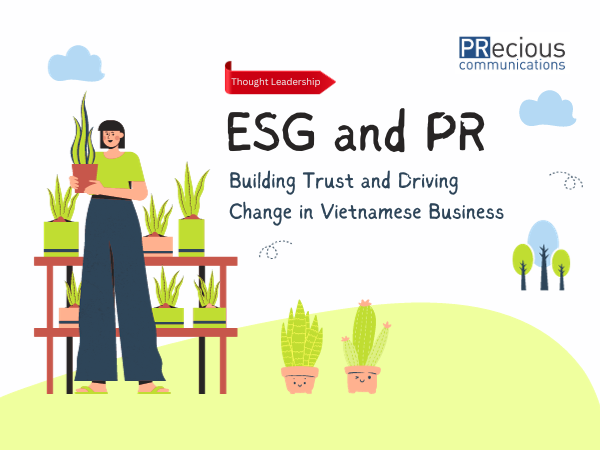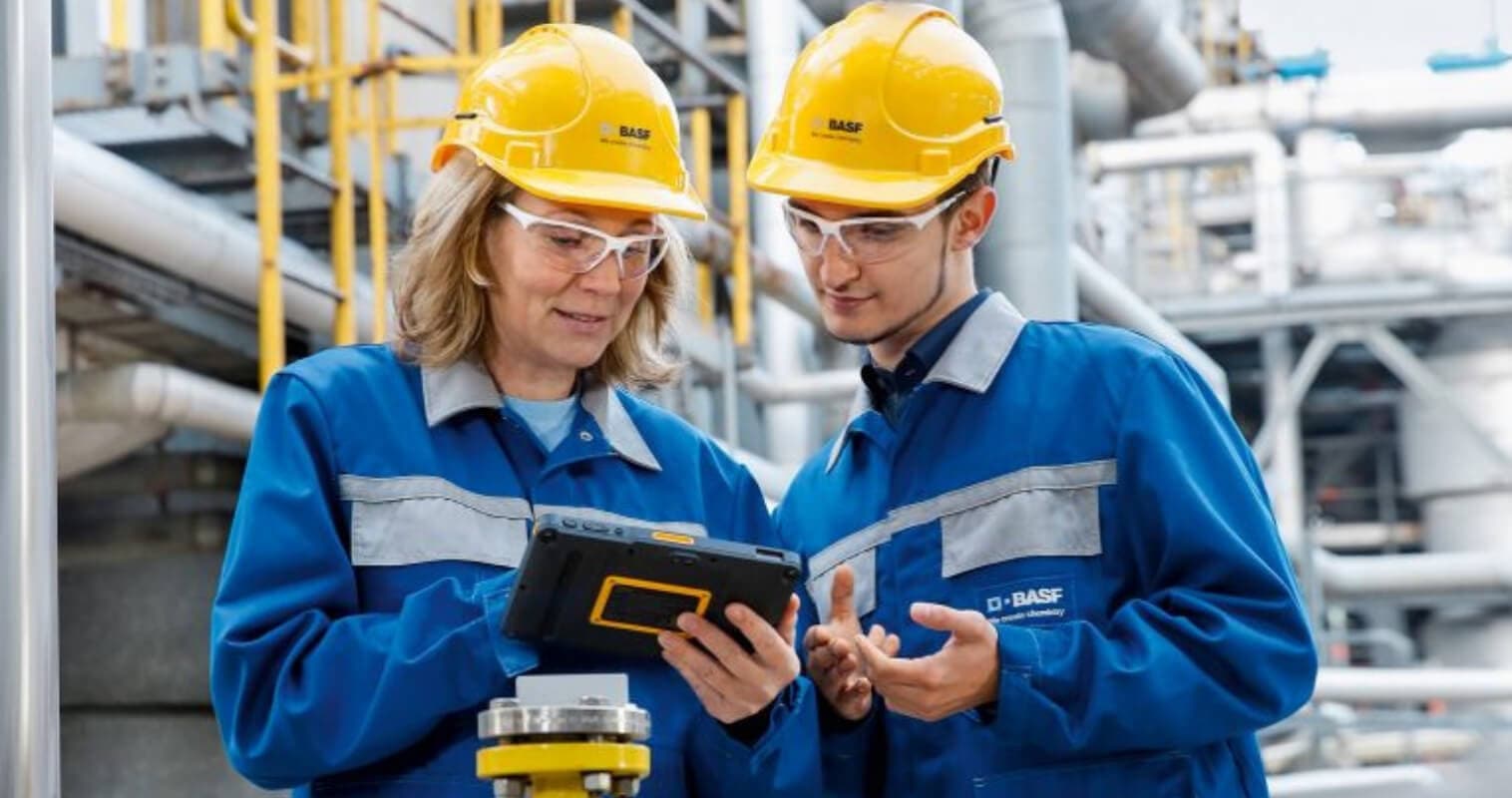Challenging periods are the best time to invest—here’s why you need to get the word out

Discover how PRecious Comms can boost the visibility of your startup or VC at Echelon Asia Summit 2023
June 9, 2023
Indonesia fuels PRecious’ regional growth, Oddie Octaviadi becomes new Market Lead
June 30, 2023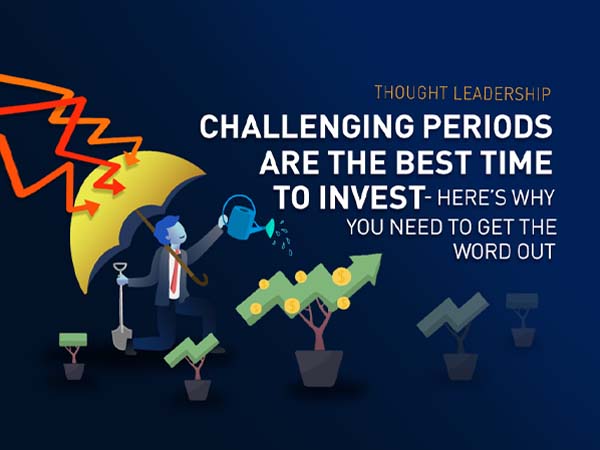
Challenging periods are the best time to invest and get the word out
It’s a funding winter for some and a healthy reset for others. Reality has set in across the global startup ecosystem after many years of cheap money have finally come to an end.
Venture funding has continued to fall in the first quarter of 2023, according to CB Insights. In Asia, it dropped by 27% from the same quarter last year, to $12.5 billion. Deal counts and deal sizes have decreased too, as investors are questioning some still high valuations, especially for late-stage companies.
Startups are forced to trim costs to become more sustainable businesses, they need to use their cash and working capital more effectively and renegotiate contracts to extend their runways. VCs, meanwhile, are busy salvaging the companies they invested in, supporting founders during the rightsizing.
While the current slowdown is challenging and painful, there’s also reason for optimism, especially in this region. Crises have traditionally been the moments where foundations for future success have been laid and new champions were created. And these moments often make for great stories.
Contact us if you are a startup or VC and need to get the word out.
Today, an increasing number of multinationals are moving parts of their production and assembly into Southeast Asia and India, diversifying their supply chains and reducing dependence on China. The inflow of investments drives the region’s economies and is creating at the same time opportunities for both investors and founders.
A VC who focuses on the transport and logistics sector told us that they have recently seen great business momentum. The industry requires continued innovation as it needs to modernise. Environmental concerns have moved to the top of the agenda for many companies, as investors and regulators are pushing for a greener transport sector.
Global VC funding in clean energy startups has increased significantly over the last three years, jumping more than sixfold to $12.3 billion in 2022, a study by consultancy Oliver Wyman showed. Battery storage and renewable energy have been the leading areas. APAC’s share—with 14% of the global total—is still relatively small and mostly concentrated in China, Japan and Australia. It leaves us with some room for the upside in this part of the world.
Other areas such as cybersecurity, B2B solutions, as well as health and biotech remain attractive for VC investments, KPMG found. Firms that develop generative and conversational AI have even attracted high valuations recently, led by OpenAI.
Welcoming new investors into the ecosystem
Several non-traditional investors have joined the space over the past years, from pension and hedge funds to corporate VCs, wealth managers and family offices. During the long period of low, near-zero interest rates, these investors were looking at early participation in the private market and a possible lucrative exit via IPO.
Venture debt, which allows startups to raise money without diluting their controlling stake, has become popular. In APAC, this form of debt grew fourfold to $12.1 billion from 2018 to 2021, as per Aletheia Capital and Alta’s private credit report. As traditional lenders retreated, non-bank lenders such as family offices have stepped up. They have again slightly pulled back in recent months.
While investor types might have changed, a basic principle of investor communications hasn’t. The relationship between startups and their investors will still be based on trust and sincere connection between the partners. It’s the great chemistry that can steer the ship through ups and downs. Communication, like in every relationship, is the bond that holds everything together.
Master the art of storytelling
People will remember your stories before they remember your pitch. That is why, a single piece of content like a news release often only has limited effect when it comes to media and stakeholder outreach.
In a changing media landscape, good relations with editors and journalists still matter. Those connections can benefit a startup or a fund, especially in a region like Southeast Asia that is big on relationships. Let’s also not forget that PR is a very cost-effective way to build a company’s brand and credibility, show transparency, and ultimately create trust with stakeholders.
In a fragmented market like APAC, brands need a mix of regional and local public relations strategies. It’s all about thinking regional but staying local after all. Regional, because the overarching message has to be consistent across markets, and local because it is only through thorough understanding and familiarity with cultural nuances, relevant issues affecting local industries and the local media landscape that communications can truly be compelling and engaging with local media.
It’s important to keep the marketing machine running and engage with stakeholders, especially in difficult times. AI firms can still claim high valuations, not least because they can tell a convincing story. And a well-told narrative can have a significant influence on the valuation. Preserving cash is vital, but communications should not stop.
This article first appeared on e27.
